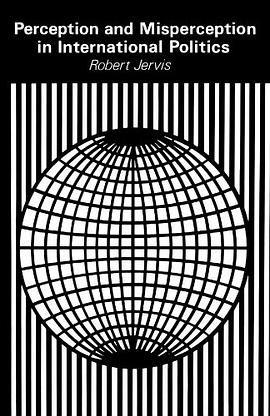Perception and Misperception in International Politics
内容简介
This study of perception and misperception in foreign policy was a landmark in the application of cognitive psychology to political decision making. The New York Times called it, in an article published nearly ten years after the book's appearance, "the seminal statement of principles underlying political psychology." The perspective established by Jervis remains an important counterpoint to structural explanations of international politics, and from it has developed a large literature on the psychology of leaders and the problems of decision making under conditions of incomplete information, stress, and cognitive bias. Jervis begins by describing the process of perception (for example, how decision makers learn from history) and then explores common forms of misperception (such as overestimating one's influence). Finally, he tests his ideas through a number of important events in international relations from nineteenth- and twentieth-century European history.In a contemporary application of Jervis's ideas, some argue that Saddam Hussein invaded Kuwait in 1990 in part because he misread the signals of American leaders with regard to the independence of Kuwait. Also, leaders of the United States and Iraq in the run-up to the most recent Gulf War might have been operating under cognitive biases that made them value certain kinds of information more than others, whether or not the information was true. Jervis proved that, once a leader believed something, that perception would influence the way the leader perceived all other relevant information.
......(更多)
作者简介
Robert Jervis is the Adlai E. Stevenson Professor of International Politics at Columbia University. His books include System Effects: Complexity in Political and Social Life and How Statesmen Think: The Psychology of International Politics (both Princeton).
......(更多)
目录
......(更多)
读书文摘
总之,螺旋模式与威慑理论都深切关注误解造成的危险性以及相应的国家将其意向表述清楚的重要性。但是,威慑理论家担心的是侵略方会低估自卫方的决心,而螺旋理论家担心的则是每一方都会高估对方的敌对意图。
......(更多)






